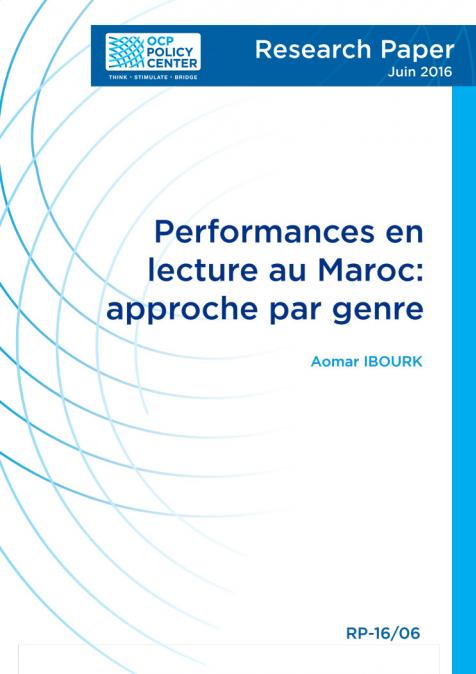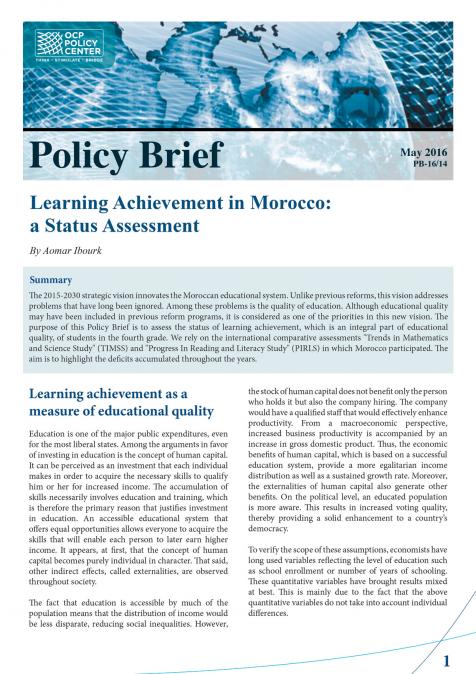Publications /
Book / Report
This book was originally published on elibrary.imf.org
Throughout the past two decades, Morocco has faced several external and domestic shocks, including large swings in international oil prices, regional geopolitical tensions, severe droughts, and most recently the impact of the pandemic and the economic fallout from Russia’s invasion of Ukraine. Despite rough waters, the government stayed the course and remained focused not only on immediate stability, but also on the long-term needs of the Moroccan economy. This involved the adoption of a series of difficult measures, like the elimination of energy subsidies, and a strategy aimed at improving the country’s infrastructure, diversifying the production and export bases by attracting foreign investment, and modernizing the governance structure of the public administration. The road to higher and more inclusive growth, however, remains steep. Despite gains in poverty reduction, literacy and lifespans, Morocco economy continues to face a high share of inactive youth, large gaps in economic opportunities for women, a fragmented social protection system, and remaining barriers to private sector development. An ambitious reform agenda is needed to better meet the aspirations of Moroccans, by making economic growth stronger, more resilient and more inclusive, particularly to provide greater opportunities for young, women, and entrepreneurs. Morocco appears well positioned to address these challenges, and indeed, the country has recently sought to define and pursue a new “model of development”, through national debates and a more inclusive approach to reform. Significant reforms have been announced recently that revamp both the social protection system and the SOEs business model. This book draws lessons from the reforms Morocco has implemented in the past few decades and charts a course for Morocco by addressing key areas for reform.












